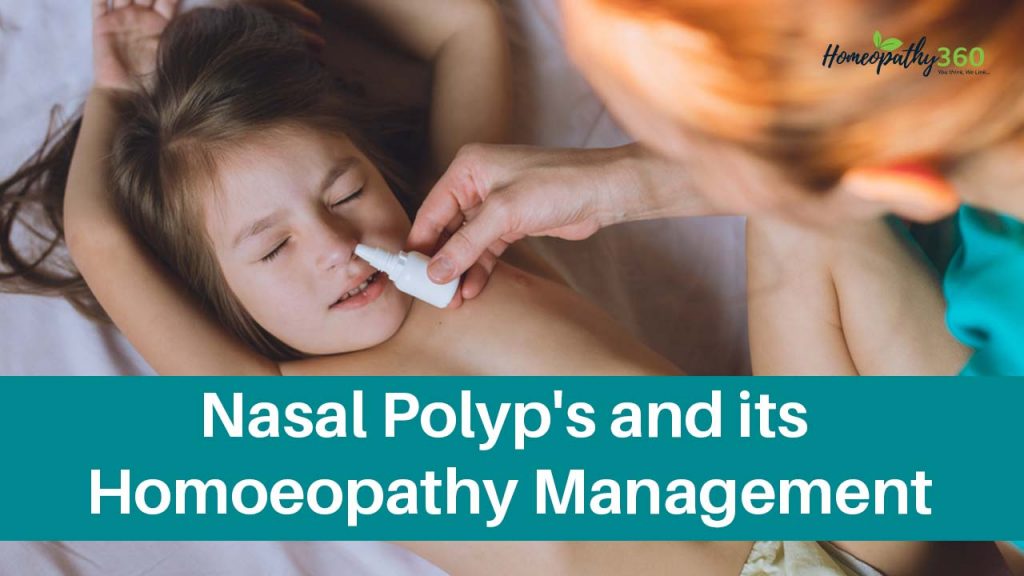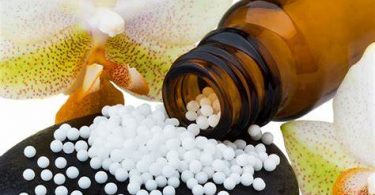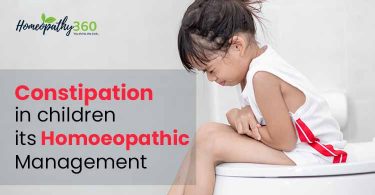
What are Nasal Polyps?
Nasal polyps are soft, painless, noncancerous growths on the lining of your nasal passages or sinuses. They hang down like teardrops or grapes. They result from chronic inflammation and are associated with asthma, recurring infection, allergies, drug sensitivity or certain immune disorders.
Small nasal polyps may not cause symptoms. Larger growths or groups of nasal polyps can block your nasal passages or lead to breathing problems, a lost sense of smell and frequent infections.
Nasal polyps can affect anyone, but they’re more common in adults. Medications can often
Shrink or eliminate nasal polyps, but surgery is sometimes needed to remove them. Even after successful treatment, nasal polyps often return. Nasal polyps are associated with irritation and swelling (inflammation) of the lining of nasal passages and sinuses that lasts more than 12 weeks (chronic sinusitis).Nasal polyps themselves are soft and lack sensation, so if they’re small, you may not be aware you have them. Multiple growths or a large polyps may block your nasal passages and sinuses. Researchers believe that allergies and infections cause the inflammation. Those samples contained extra eosinophils, white blood cells linked to infections and allergic reactions. The evidence points to inflammation causing small growths filled with fluid. Those growths then turn into polyps.
Who Gets Nasal Polyps?
Nasal polyps don’t tend to develop until well into adulthood, when people are in their 30s or 40s. They’re usually linked with some cause of inflammation in the nose, such as:
- Asthama
- Allergic rhinitis(hay fever or other allergies, such as to aspirin or fungus/fungi.
- Chronic rhinosinusitis (CRS).
- Cystic fibrosis.
- Repeat sinus infections or other infections.
What are the symptoms of Nasal Polyps?
- Facial pain or headache
- Decreased or absent sense of smell
- Loss of sense of taste and Nasal congestion (stuffy nose).
- Nasal drainage (runny nose).
- Nosebleeds.
- Postnasal drip (constantly feeling like you have to clear your throat).
- Pressure or pain in the sinuses, face or top teeth.
How are Nasal Polyps Diagnosed?
If you have symptoms of nasal polyps to diagnose nasal polyps:-
- Ask about your health history, especially allergies, infections and asthma.
- Ask you about your symptoms and how long you’ve had them.
- Examination of nose with a nasal endoscope (thin, flexible tube with a tiny camera and light).
- CT scan to take detailed pictures inside your sinuses.
COMPLICATION:-
If the symptoms last more than 10 days. Symptoms of chronic sinusitis and nasal polyps are similar to those of many other conditions, including the common cold serious trables are:-
- Serious trouble breathing
- Sudden worsening of your symptoms
- Double vision, reduced vision or limited ability to move your eyes
- Severe swelling around your eyes
- Increasingly severe headache accompanied by high fever or inability to tip your head forward
How are Nasal Obstructions Treated?
Not all patients can be cured of nasal polyps, but several treatments can help:
- Steroid sprays to shrink polyps and improve symptoms.
- Oral steroids (pills you swallow).
- Injections (shots) under the skin to deliver a medicine called dupilumab.
- Outpatient (no overnight stay) surgery to place a tiny stent. It props open the nasal passages and delivers steroids or other medications.
- Outpatient surgery using endoscopy to remove polyps when other treatments don’t work.
HOMOEOOATHIC MANAGEMNET OF NASAL POLYPS
Homoeopathy remedies have effective cures to reduce the nasal polyp and lessen the symptoms over time. Homeopathy can treat nasal polyps. Nasal polyps are considered a case for surgery under the conventional mode of medicine. However, Homeopathy offers an alternative by treating nasal polyps internally, without invasive procedures. Homeopathy treats the symptoms of nasal polyps as well as helps shrink the nasal polyps. These medicines, which are both natural and safe, attack the disease at the root and set off the body’s own restorative processes for complete treatment. Homeopathy initially controls the symptoms of nasal polyps. In time, the nasal polyps start to shrink in size and dissolve. Homeopathy is very effective in dealing with these little growths. Not only does Homeopathy remove the symptoms, the growths themselves vanish over a period of time. A number of homeopathic remedies are in use for the treatment of nasal polyps. Which particular medicine will be suitable for which patient depends upon the symptoms of each individual patient’s. It is beyond the scope of this article to give the complete details of all the Homeopathic remedies for nasal polyps and their indications. As elaborated in the above article, one has very good reasons for choosing Homeopathy for nasal polyps. The Homeopathic treatment is permanent and completely removes the nasal polyps. home remedies may give you some symptomatic relief temporarily. If you want to cure nasal polyps completely, it is better to switch to Homeopathy treatment for nasal polyps. Nasal polyps make your life very uncomfortable. At the same time, they predispose you to chest infections as you breathe through the mouth allowing viruses and bacteria a free passage into your lungs. People with frequent nasal infections and respiratory infections or allergies are at a higher risk of nasal polyps. It is unlikely that your nasal polyps will turn into cancer.
Some top -rated medicines for treating Nasal Polyps:-
1. Lemna Minor – Top Remedy for Nasal Polyps
Lemna Minor is one of the top grade medicines for nasal polyps. Lemna Minor works well where there is obstruction of nose and loss of smell from nasal polyps. A putrid smell in the nose may also be felt in some cases. Thick, yellow-white discharge from the nose is another attending feature. In some cases, mucopurulent nasal discharge is observed. In cases where nasal polyps worsen in wet weather too, Lemna Minor is the medicine to prescribe. It also treats swollen nasal turbinate’s very well.
2. Teucrium Marum – For Polyps with Nasal Blockage
Teucrium Marum is a most wonderful medicine for nasal polyps with marked nasal blockage. A unique symptom is obstruction of the side of the nose on which the person lies down. Loss of smell is also noted. Crawling sensation in the nose may arise. Teucrium Marum is also one of the best medicines for ozaena. Ozaena is chronic inflammation of the nasal mucosa resulting in its atrophy.
3. Sanguinaria Nitricum and Kali Nitricum – For Right-sided Polyps
Sanguinaria Nitricum and Kali Nitricum are excellent medicines for right-sided nasal polyps. A person who needs a prescription of Sanguinaria Nitricum shows watery, nasal discharge or burning nature. Other features are pressure over the root of the nose, plugged sensation in nostrils, enlarged nasal turbinate’s, sneezing and yellow, bloody mucus discharge from the nose. The symptoms guiding the use of Kali Nitricum in addition to right-sided nasal polyps are coryza with nasal obstruction, sneezing, loss of smell and digging pain in nostrils.
4. Calcarea Carb – For Left-sided Nasal Polyps
Calcarea Carb is an extremely suitable medicine for left-sided nasal polyps. This prescription is given to persons who complain of a blocked nose on the left side. Other attending features are fetid smell and yellow discharge from the nose. In the morning, dryness in the nose may be felt. Sneezing, markedly in the morning time, may also attend. Persons given Calcarea Carb tend to catch a cold easily, with the slightest change in weather.
5. Allium Cepa – For Constant Sneezing in Nasal Polyps
In the case of nasal polyps with constant sneezing, Allium Cepa offers the perfect treatment. An attending feature is the watery discharge of burning, acrid nature from the nose. The nasal discharge corrodes the upper lips. Headache may also persist along with fluent coryza. Some feel there’s a lump at the root of the nose. Nose stoppage may also be observed.
6. Kali Bichromicum – For Post Nasal Discharge in Nasal Polyps Cases
For postnasal discharge in nasal polyp’s cases, Kali Bichromicum is selected. The post nasal discharge is thick, lumpy, and ropy in nature. It is attended with much hawking. Marked pressure at the root of the nose is complained of. A fetid smell from the nose is another concern. Violent sneezing in the morning time may accompany the above features. Kali Bichromicum is also a prominent medicine for treating nasal polyps from chronic sinusitis.
7. Phosphorus – For Bleeding Nasal Polyps
Phosphorus is a very effective medicine for nasal polyps that bleed easily. Apart from the bleeding, the condition is accompanied by coryza with dull headache and sneezing which worsens with strong odors. Blocked nose early in the morning is a sure sign that Phosphorus will work. Also, in cases where coryza and dryness of the nose alternate, Phosphorus is the best medicine.




